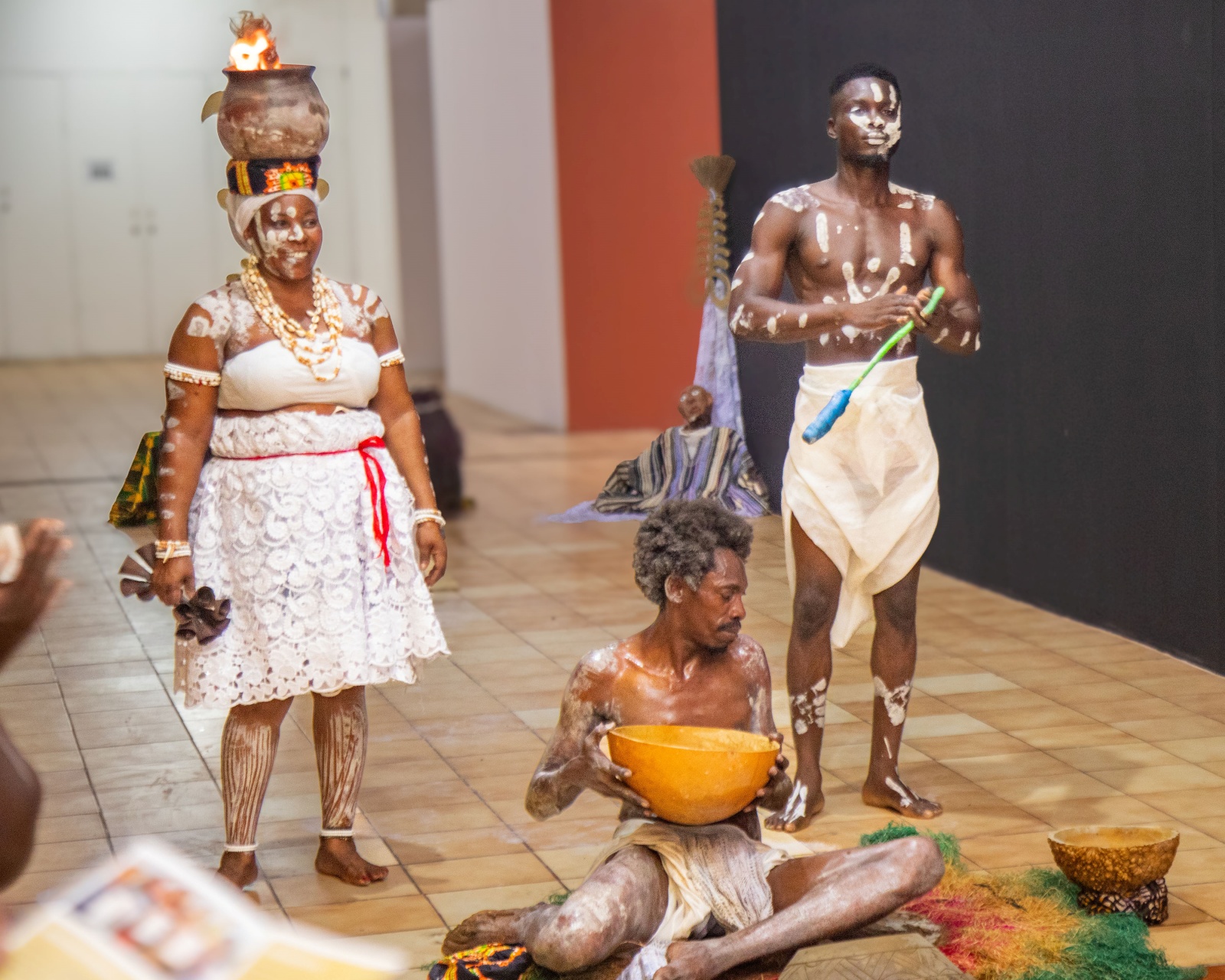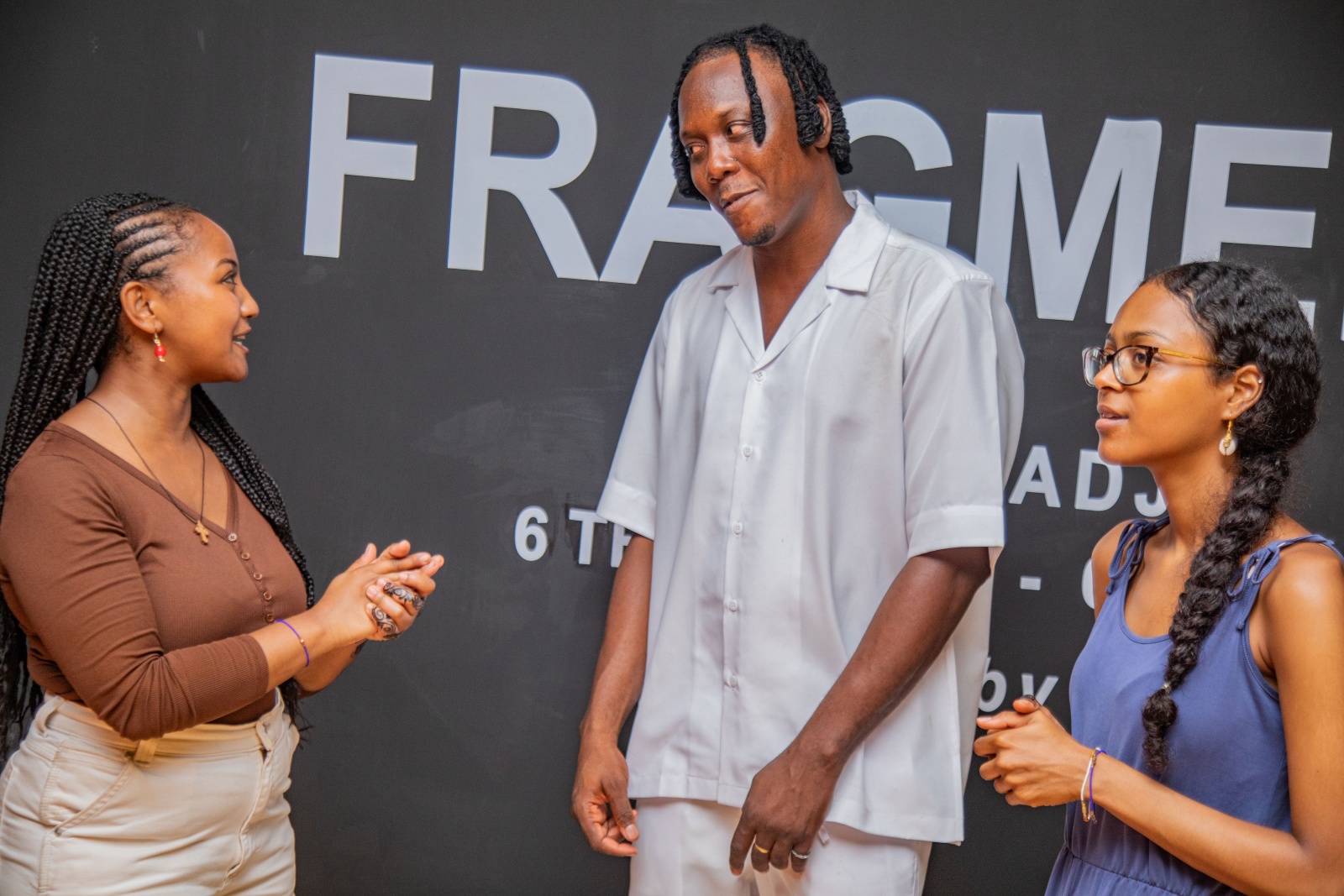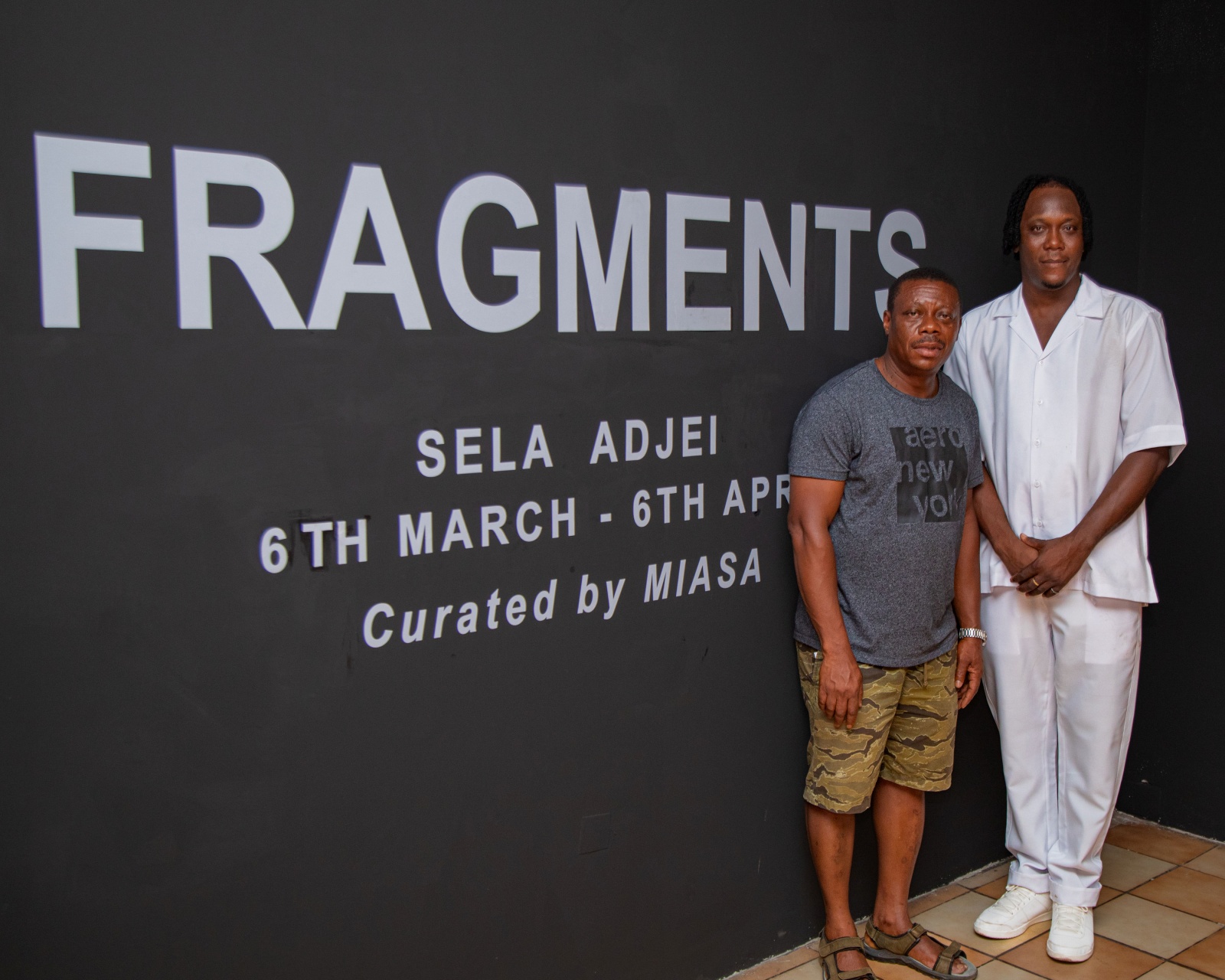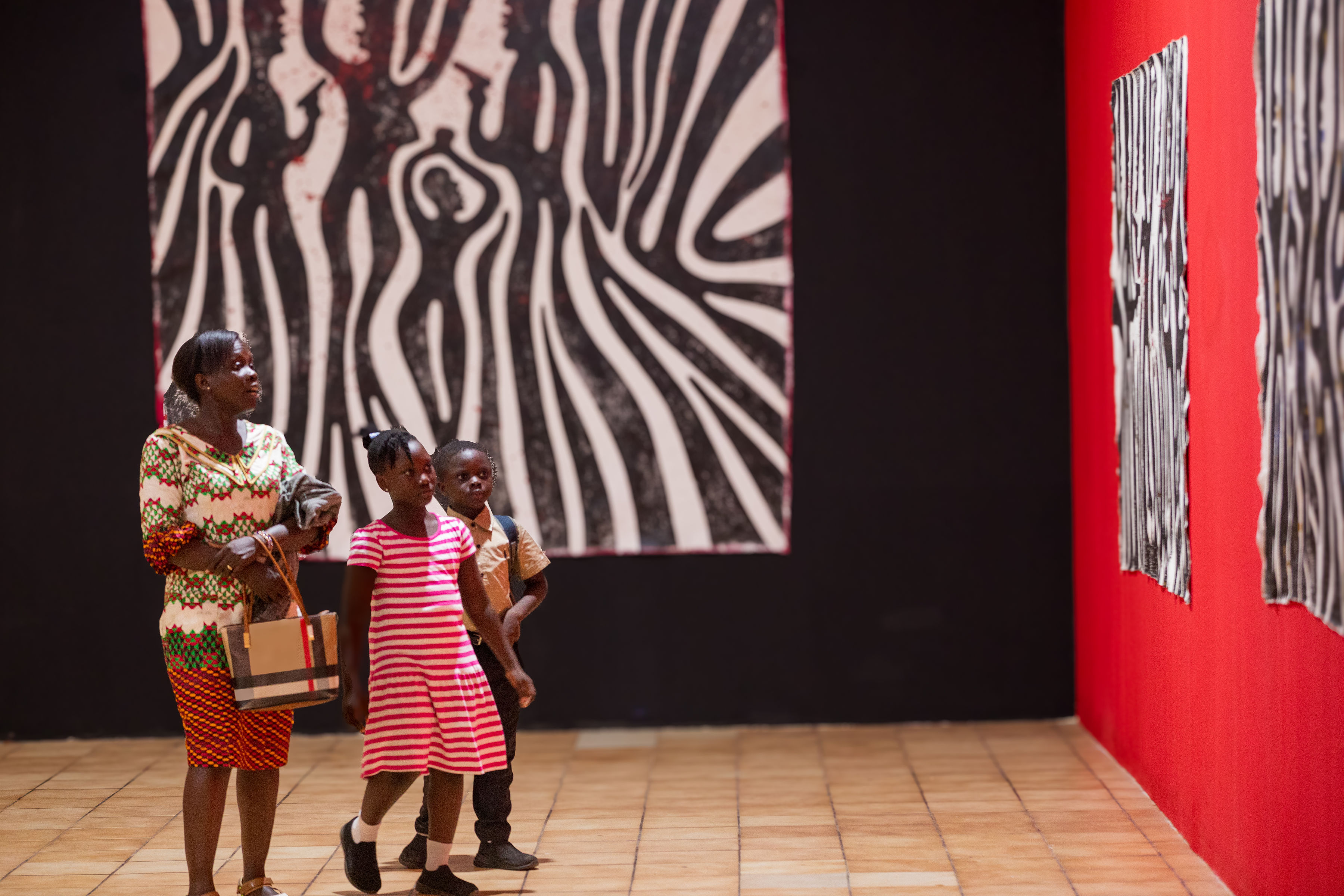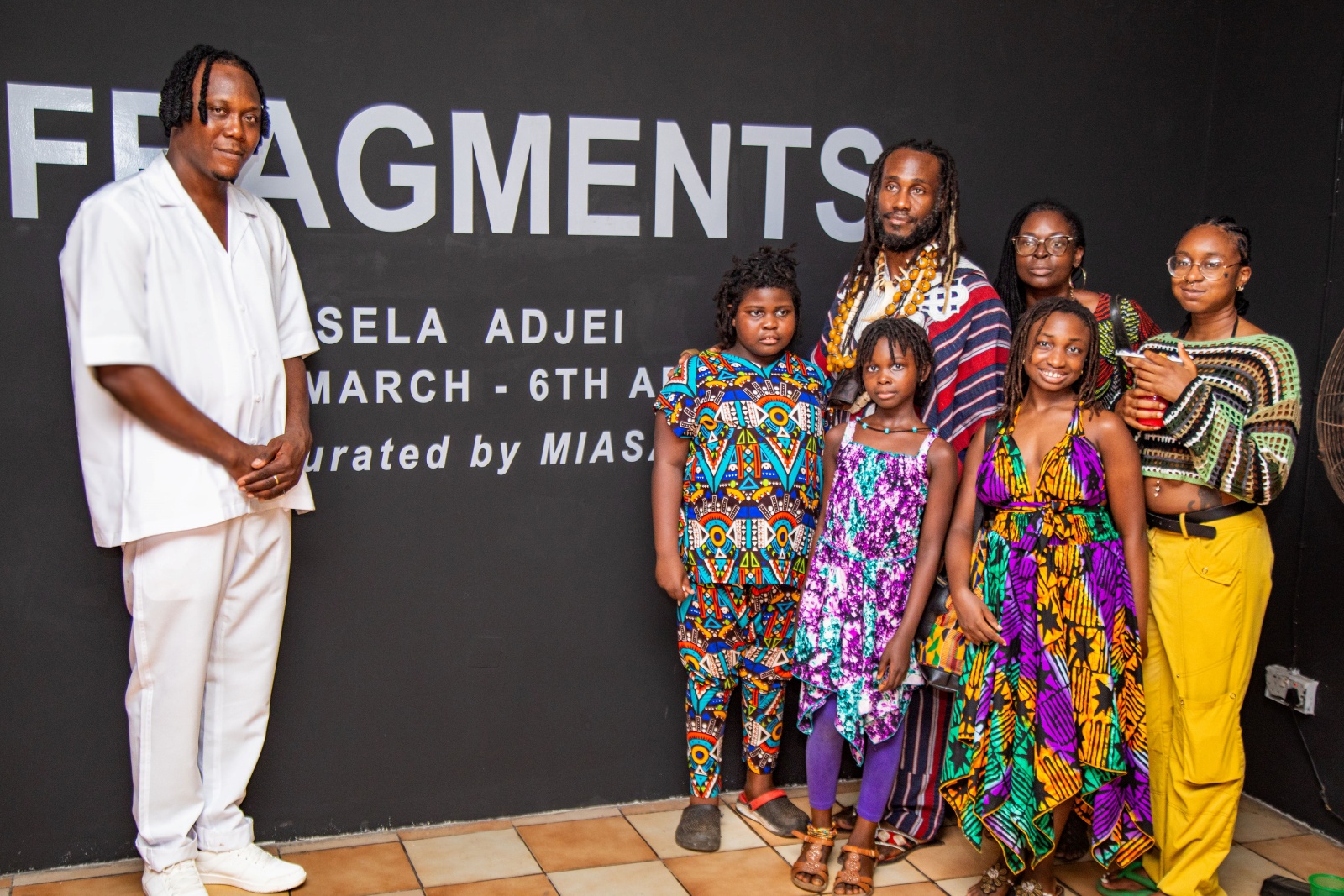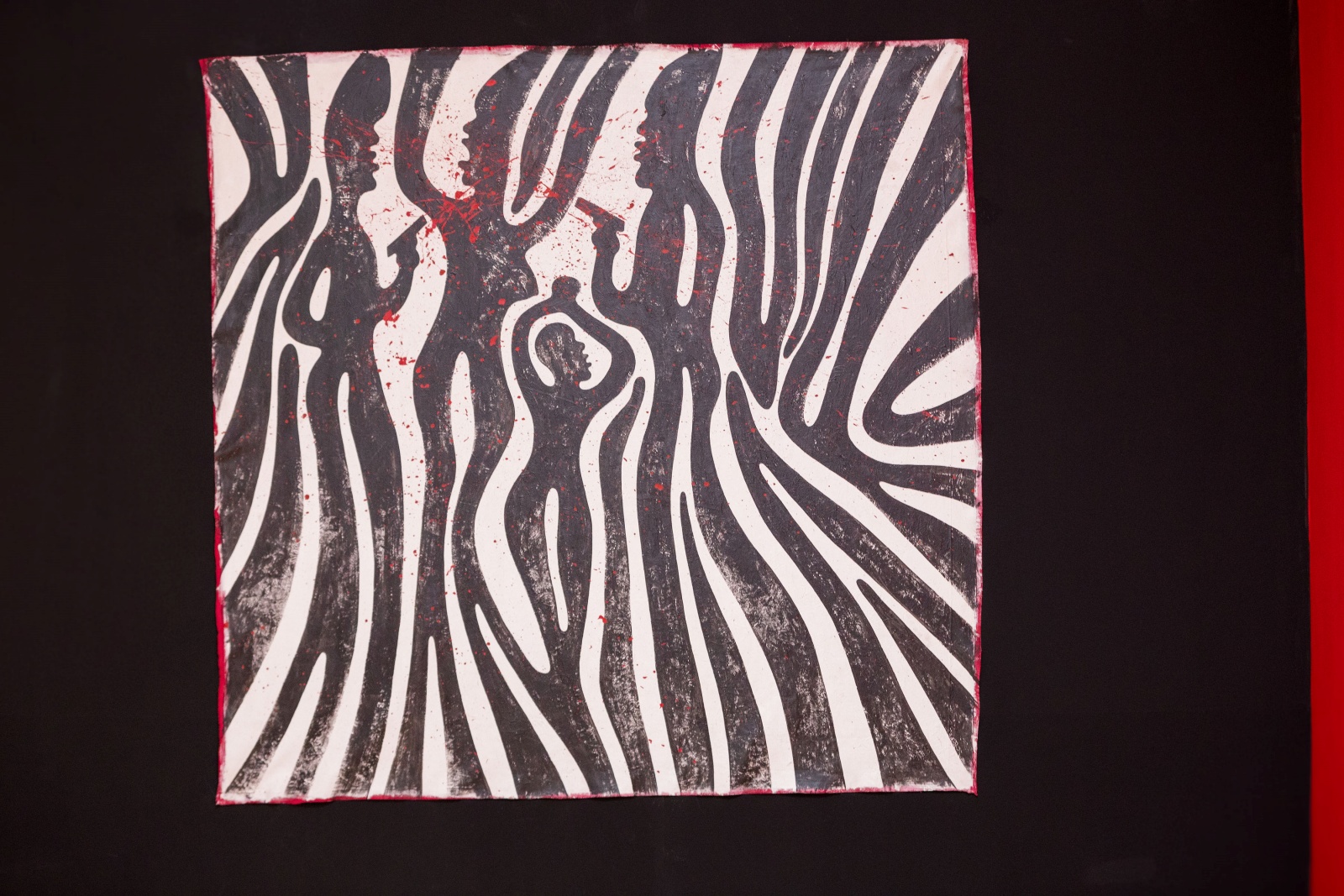Month-Long Exhibition Fragments Draws Critical Attention to Alavanyo-Nkonya Conflict; Proposes Pathways for Lasting Peace
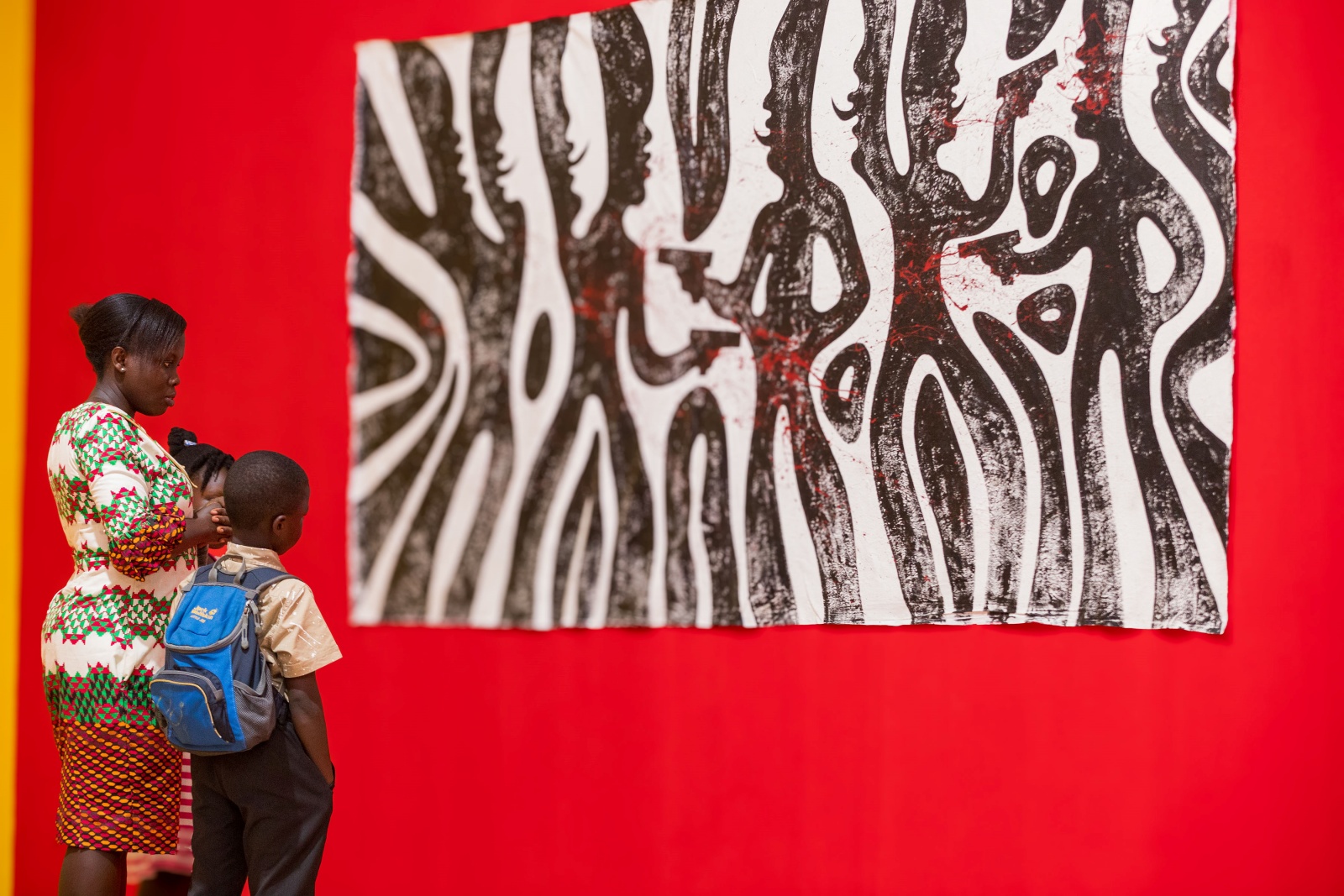
A month-long exhibition titled Fragments, curated by the Merian Institute for Advanced Studies in Africa (MIASA) to showcase the creative works of Artist-in-Residence, Efo Sela Adjei, has drawn significant public attention to the Alavanyo-Nkonya land conflict and its lasting impact on local communities.
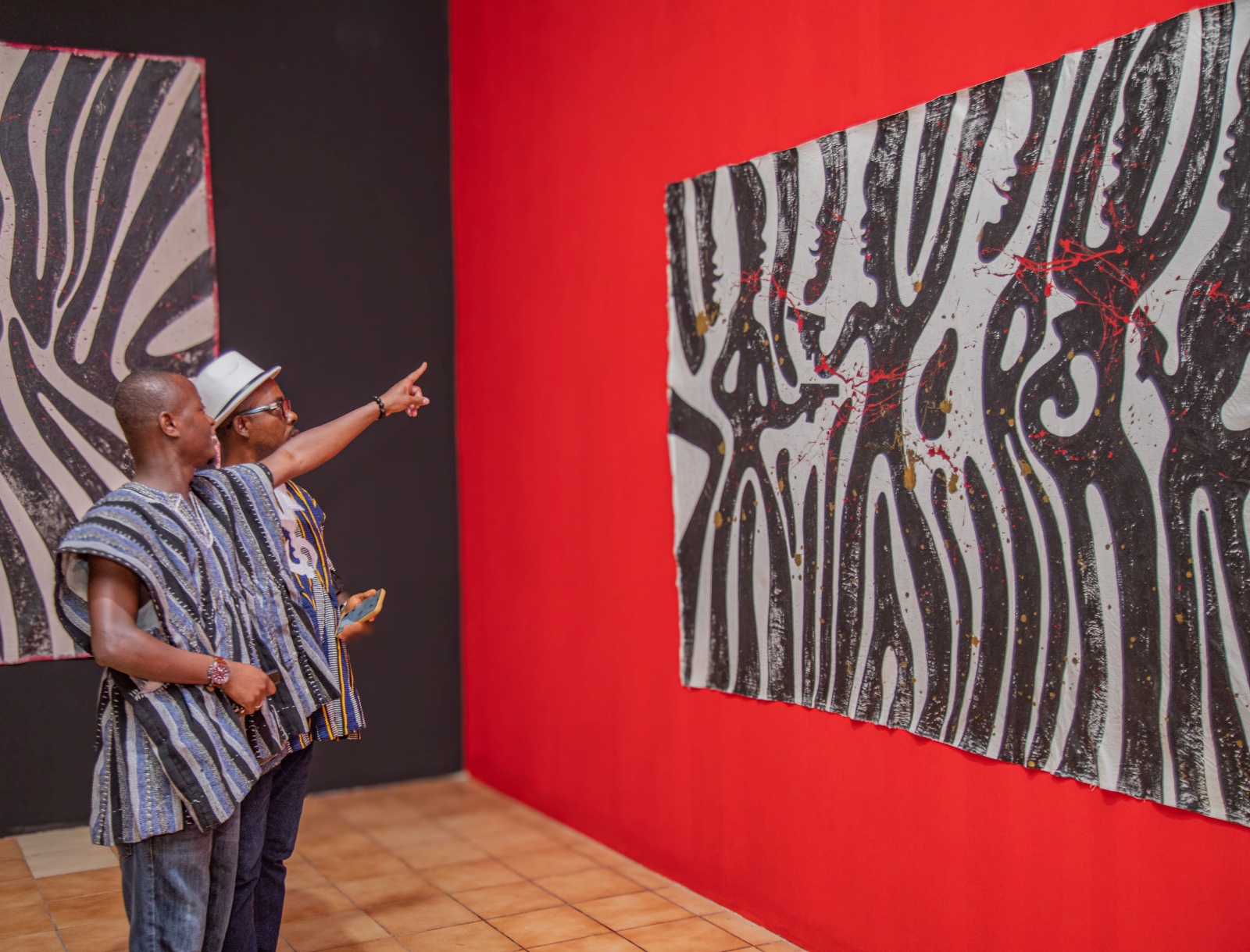
Running from March 6 to April 6, 2025, at the Museum of Science and Technology in Accra, the exhibition employed visual storytelling and performance art to examine the ten-decade-long conflict and its devastating toll, particularly on women, children and the youth. Fragments sparked important conversations around conflict, memory and reconciliation, while proposing pathways for sustainable peace in the Volta and Oti Regions.
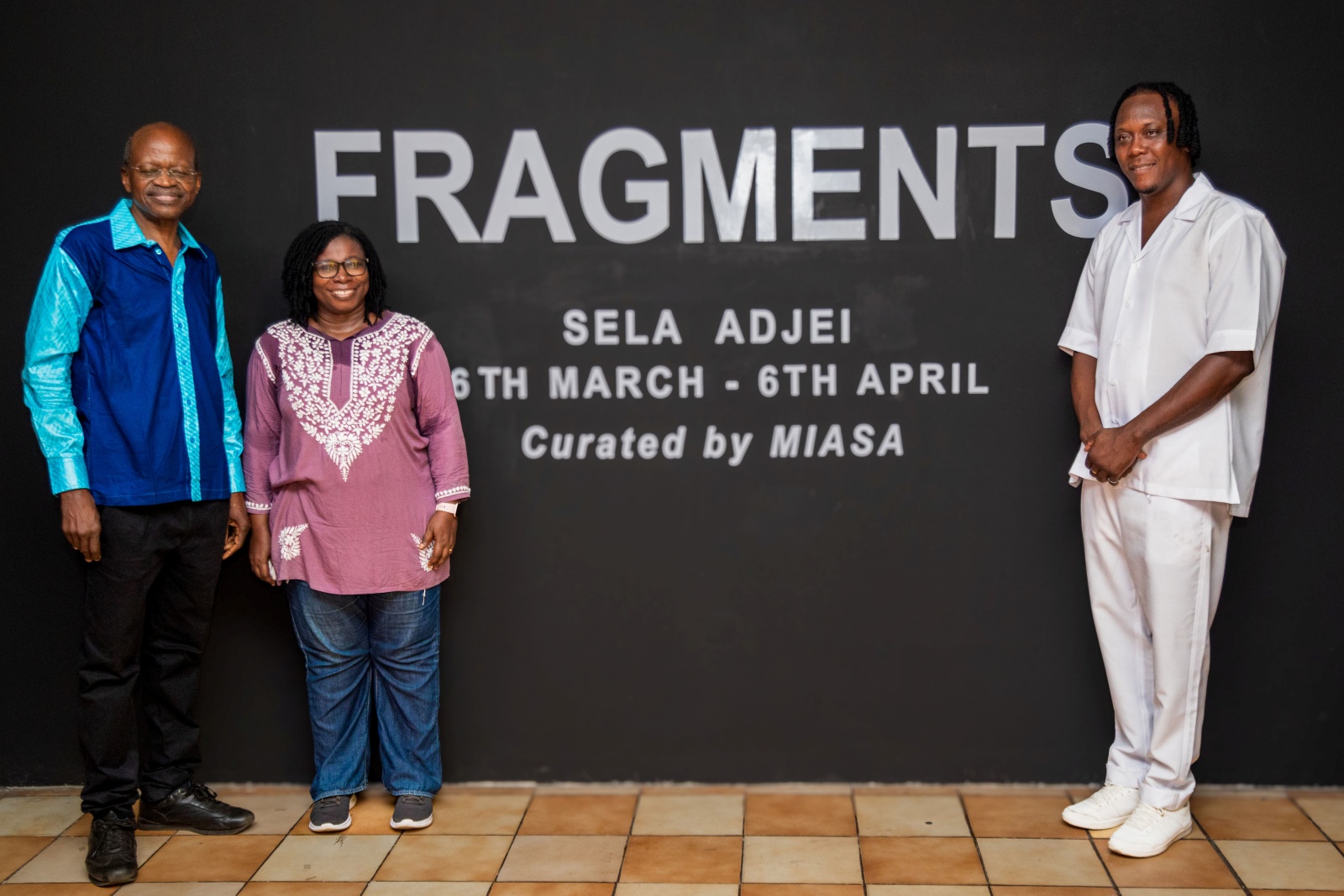
Speaking at the opening event, Efo Sela explained the purpose behind the exhibition, "Fragments seeks to draw critical attention to the Alavanyo-Nkonya land conflict, particularly the revenge attacks by some youth that have tragically claimed many lives, especially those of vulnerable women and children," he said.
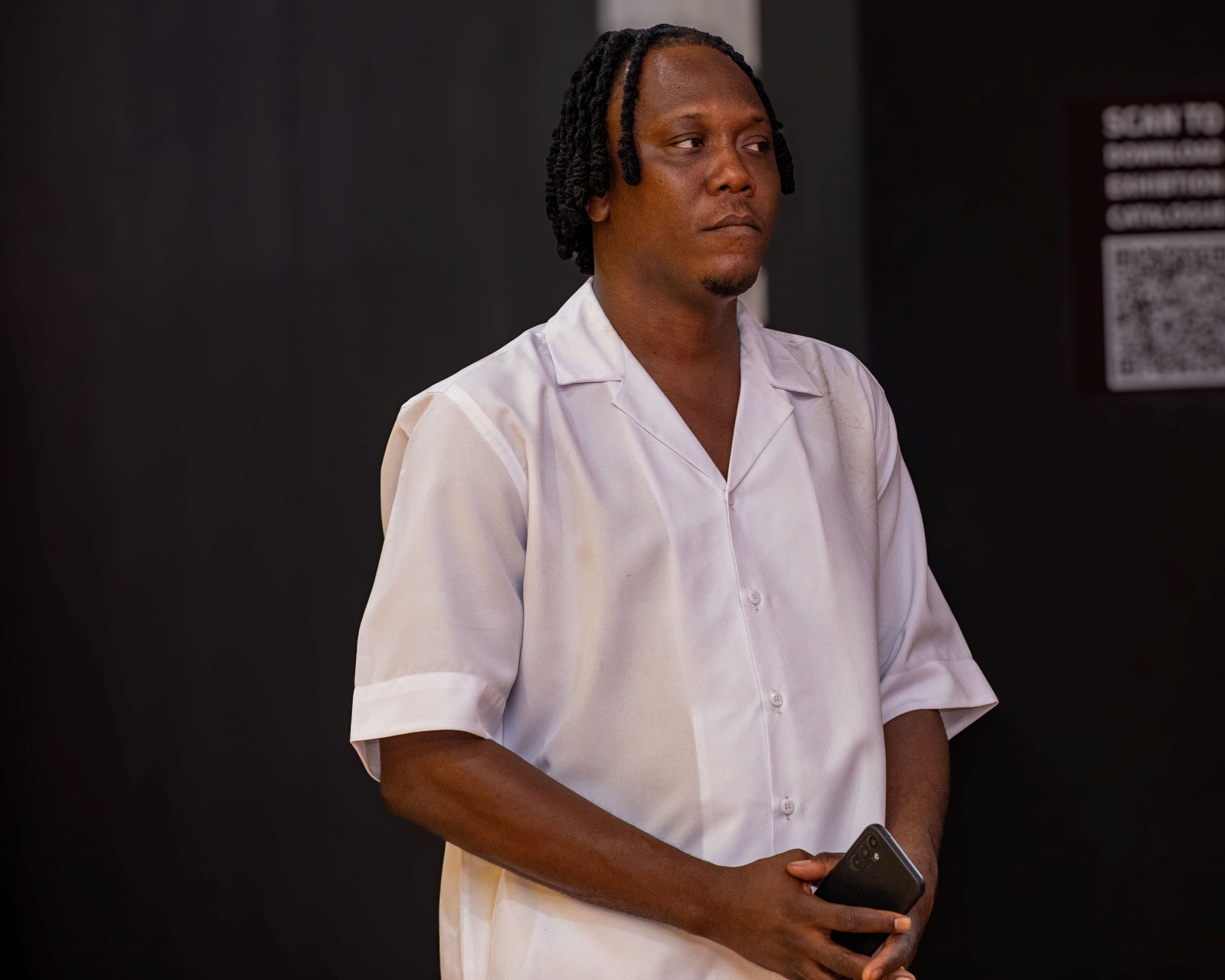
"We believe this exhibition will provide you with a unique opportunity to experience some of the thought-provoking works of art on the conflict. In addition to the artworks, there will be a performance by Tifali."
He noted that it was important to use the exhibition not only to document the ongoing struggles of the affected communities but also to create a platform for collective healing and peacebuilding.
"Fragments is a call for reflection, dialogue, and transformation. It reminds us of the human cost of conflict and challenges us to imagine new futures based on understanding and reconciliation," he added.
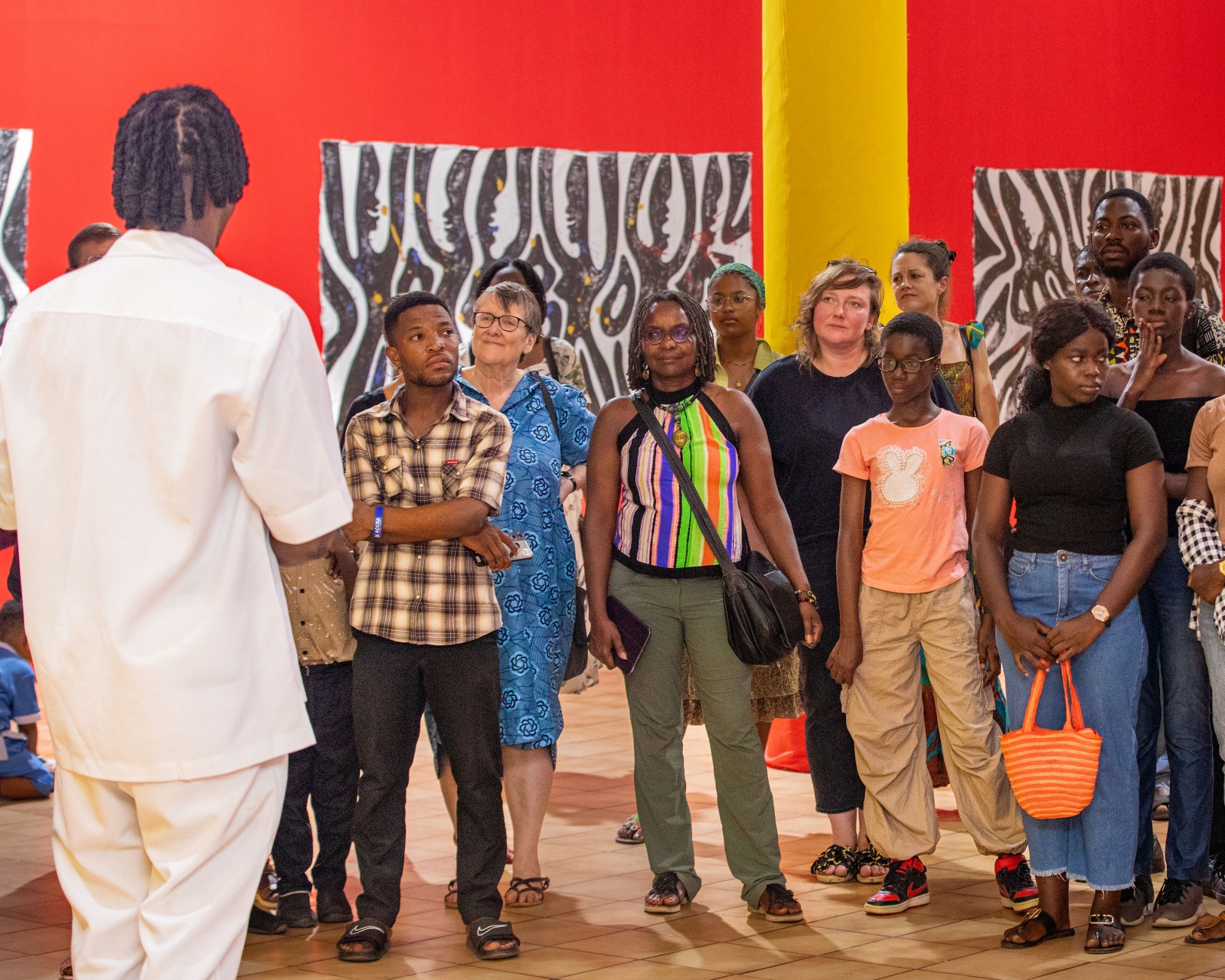
Efo Sela, a multidisciplinary artist with degrees in Communication Design and African Art and Culture from Kwame Nkrumah University of Science and Technology (KNUST) and a PhD in African Studies from the University of Ghana, is renowned for blending art with social advocacy. He is the co-founder of Grin Studios Limited and has over thirteen years of experience in exhibitions and art-based research.
In their remarks to open the exhibition, MIASA Co-Directors, Prof. Grace Diabah (Ghana) and Prof. Mamadou Diawara (Germany), explained that the exhibition was intended to spotlight significant social issues through artistic expression.
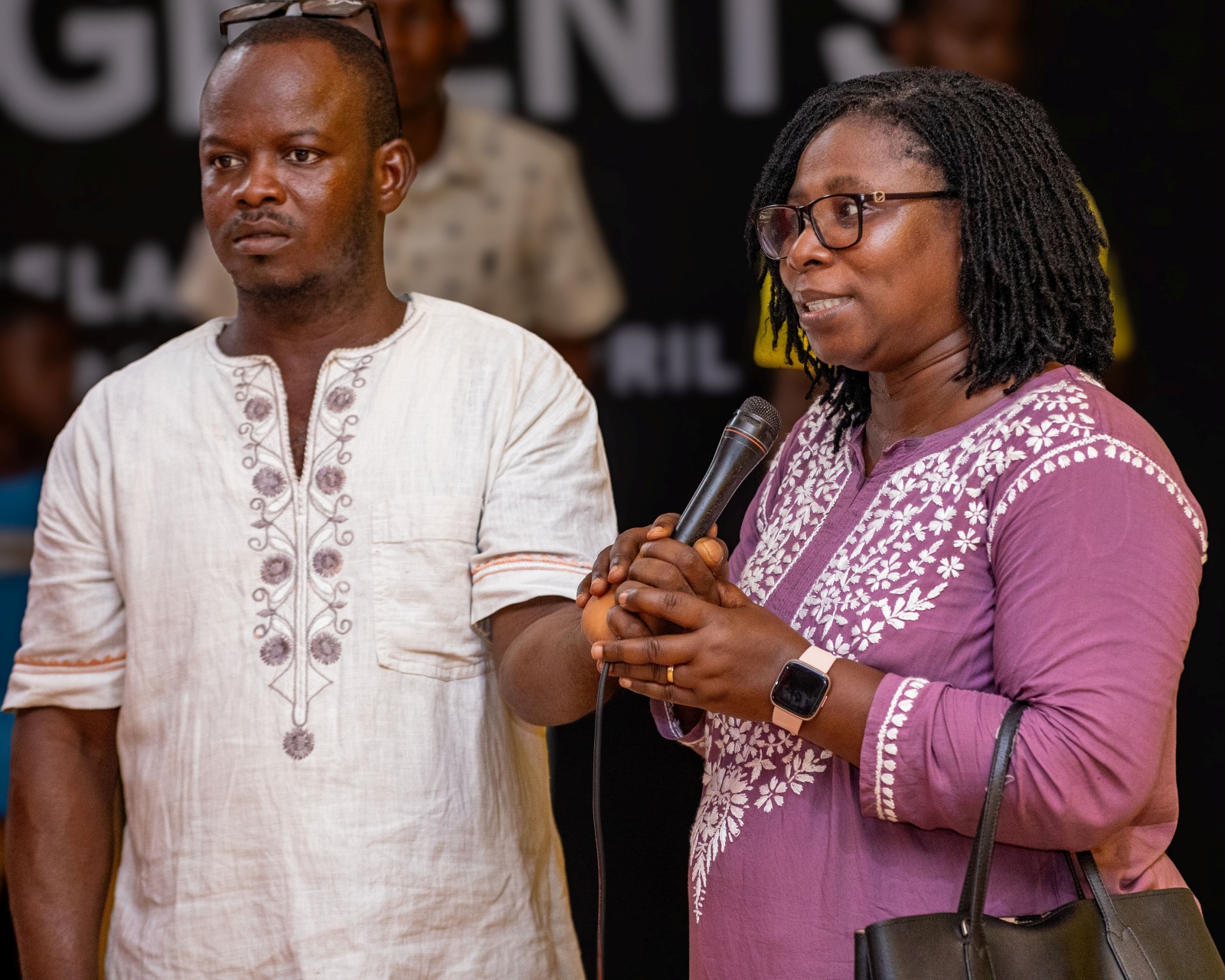
"We envisioned this exhibition to shine a light on the real-life consequences of conflict, and to provoke critical thinking and conversation through art," they said.
They highlighted that through its Artist-in-Residence initiative, MIASA fosters collaboration between the arts and academic research.
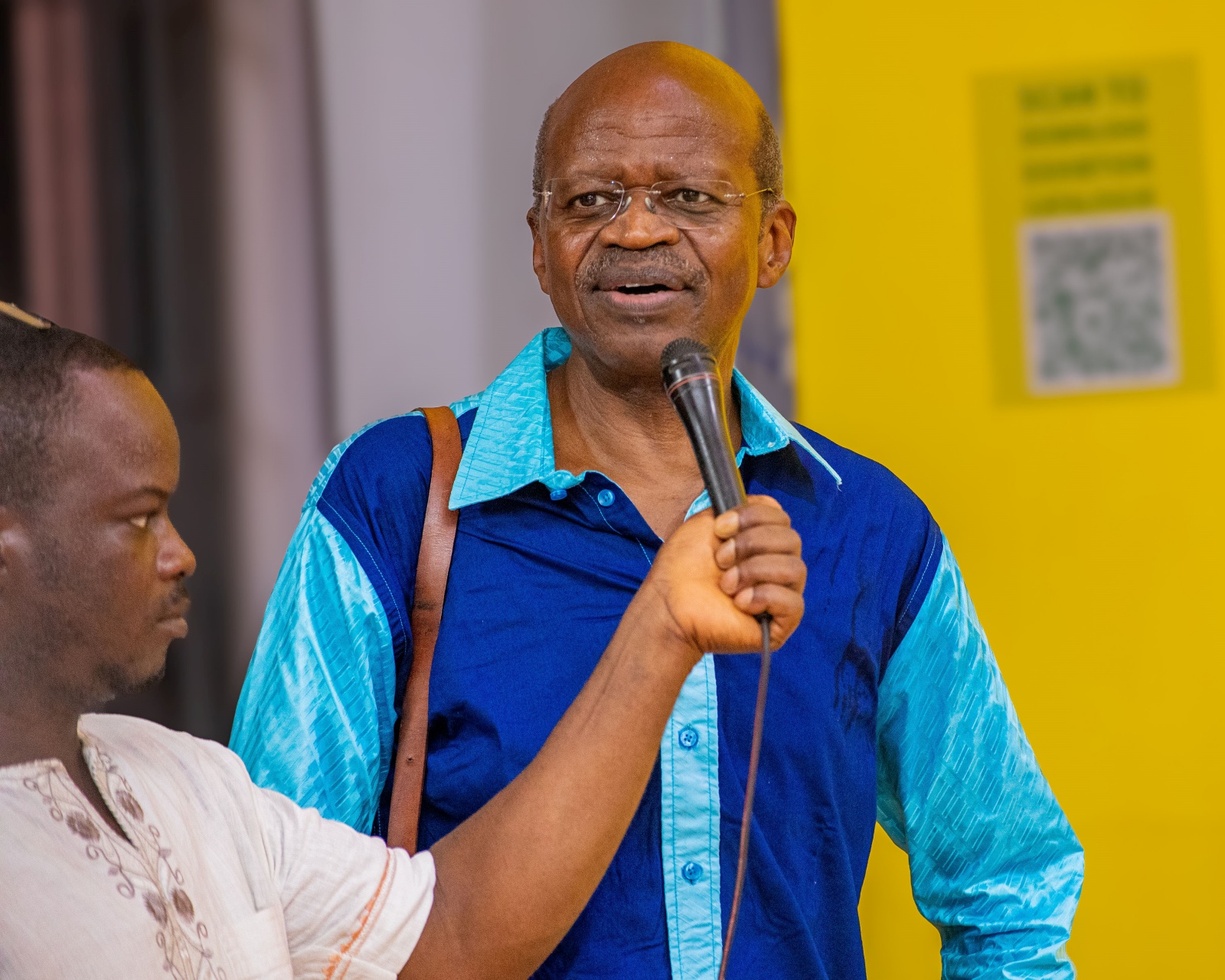
"As MIASA values different forms of knowledge, our artists contribute by presenting complex social issues in ways that enrich the sciences, just as scientific dialogue enhances creative processes," they noted.
The Fragments exhibition is also aligned with the University of Ghana’s broader commitment to promoting impactful research that addresses real-world challenges. It underscores the important role of the arts in shaping public discourse, influencing policy, and supporting sustainable governance efforts.
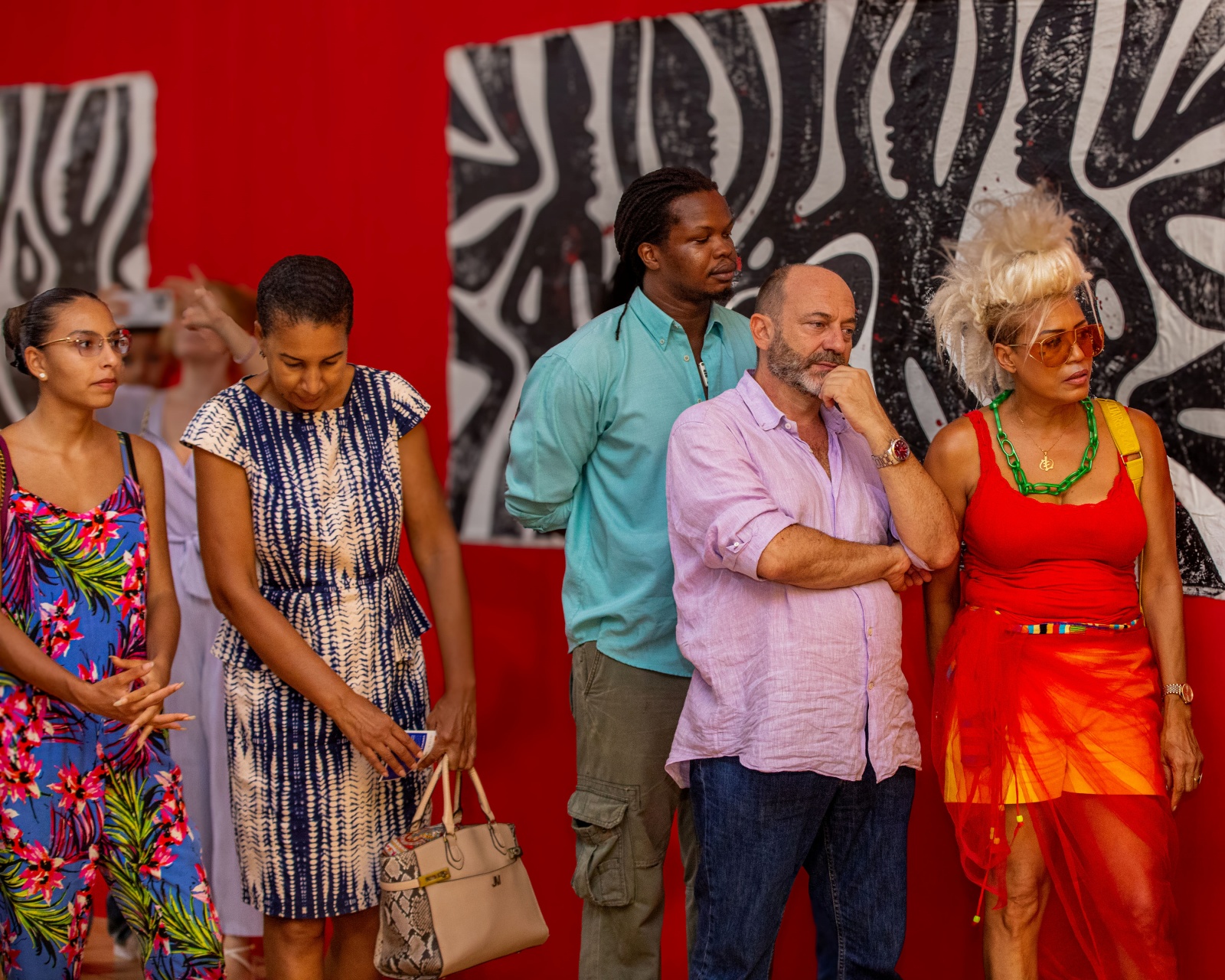
The event was heavily patronised by hundreds of Ghanaians and international visitors, including students, researchers, diplomats, cultural enthusiasts, and the general public. Many attendees described the exhibition as deeply moving and praised its bold engagement with the difficult issues surrounding conflict and peace in Ghana.
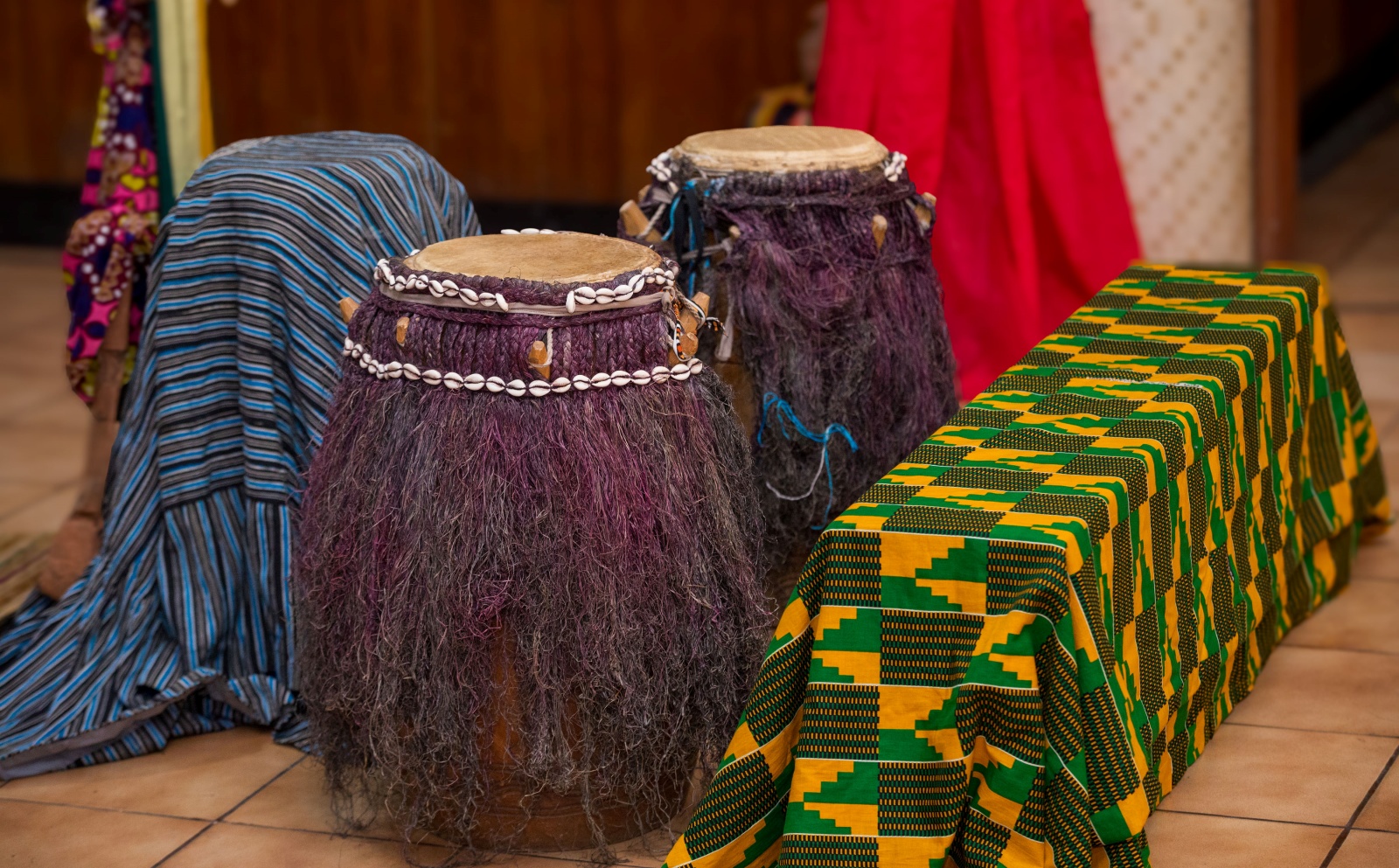
MIASA, located on the University of Ghana, Legon campus, is dedicated to research in the humanities and social sciences with a focus on sustainable governance. It is supported by the German Federal Ministry of Education and Research, with co-funding from the University of Ghana.
